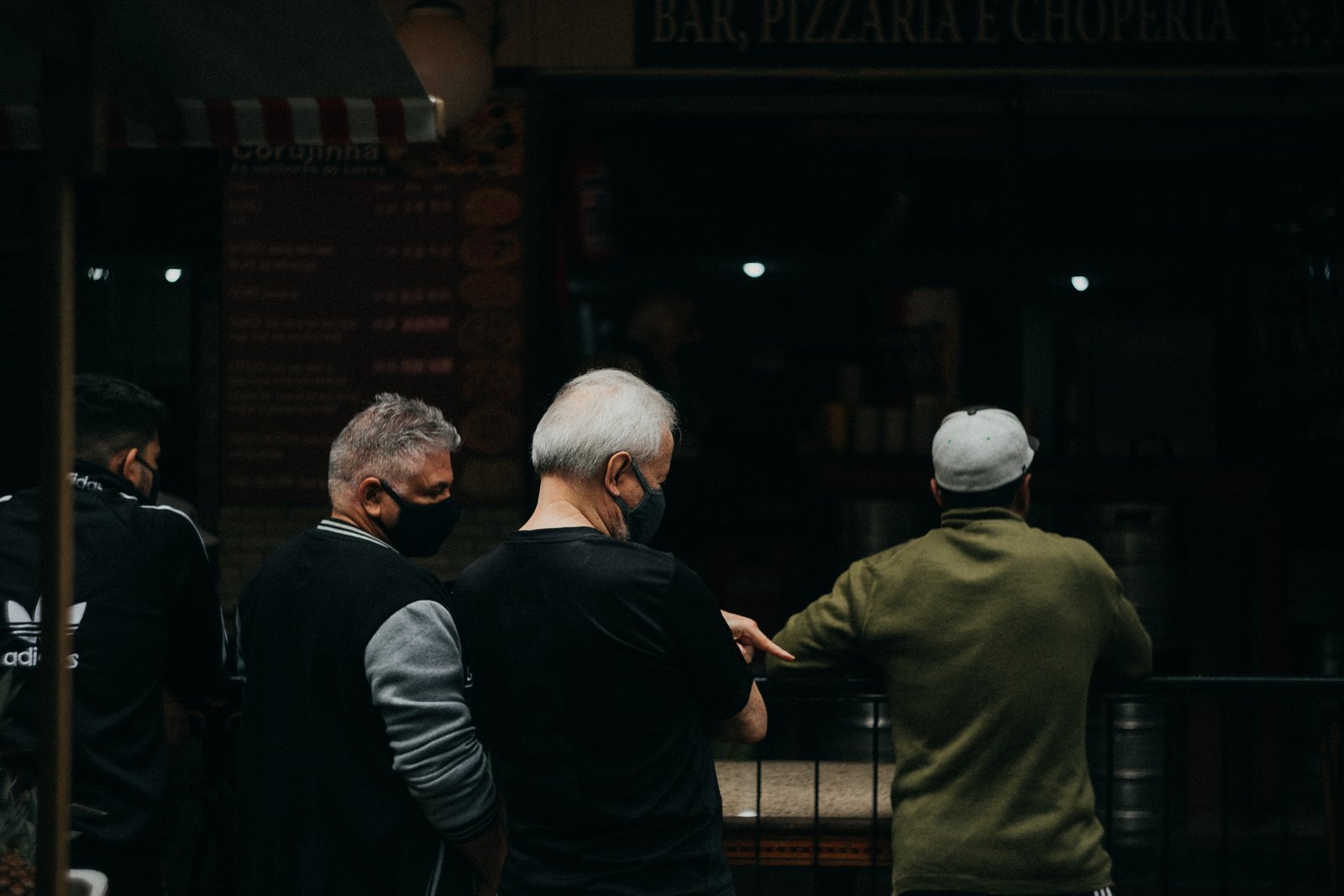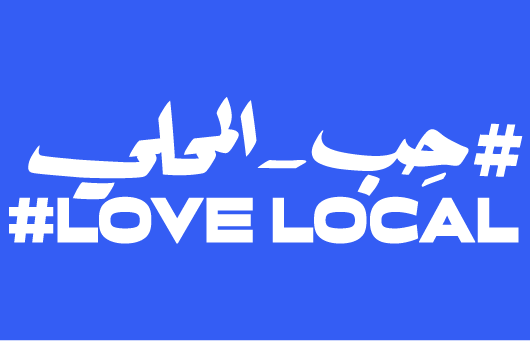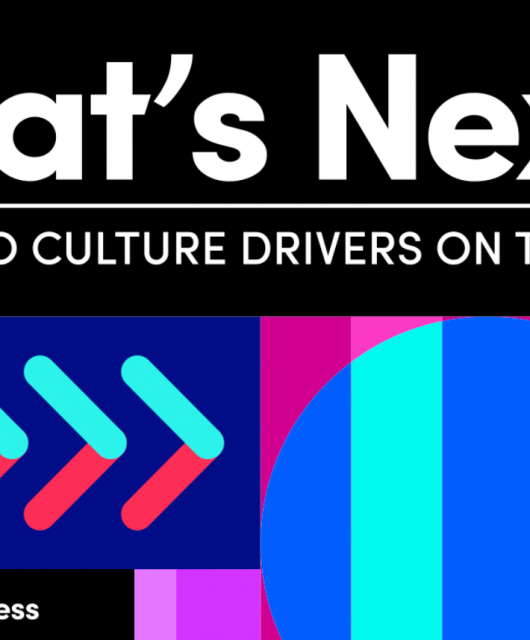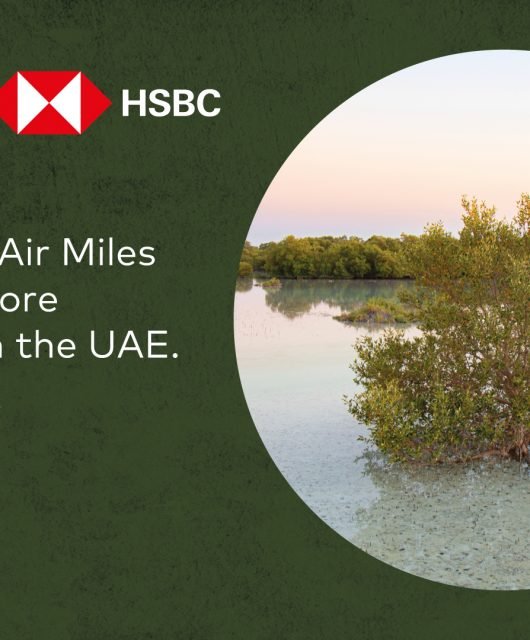Week: October 19th – 23th
Several weeks ago, when the gravity of the situation became clear, Interbrand started regular reporting on how brands were dealing with the COVID-19 crisis. What’s now becoming clear is that the current climate is one of near perpetual disruption. So the brand consulting firm made the decision to keep on telling the stories of inspiring brand leadership and strategy amid the latest crises in an anxious world. Interbrand’s goal remains the same: to provide an up-to-the-minute source of information, inspiration and insight on brand moves as they happen.

Sustainability
More than half of global GDP – $42tn (£32tn) – depends on high-functioning biodiversity, according to a new report from Swiss Re, but the risk of tipping points is growing. “A staggering fifth of countries globally are at risk of their ecosystems collapsing due to a decline in biodiversity and related beneficial services,” said the company, one of the world’s biggest reinsurers and a linchpin of the global insurance industry.
The index is built on 10 key ecosystem services identified by the world’s scientists and uses scientific data to map the state of these services at a resolution of one square kilometre across the world’s land. The services include provision of clean water and air, food, timber, pollination, fertile soil, erosion control, and coastal protection, as well as a measure of habitat intactness.
Those countries with more than 30% of their area found to have fragile ecosystems were deemed to be at risk of those ecosystems collapsing. Just one in seven countries had intact ecosystems covering more than 30% of their country area.
Among the G20 leading economies, South Africa and Australia were seen as being most at risk, with China 7th, the US 9th and the UK 16th. Countries including Australia, Israel and South Africa rank near the top of Swiss Re’s index of risk to biodiversity and ecosystem services, with India, Spain and Belgium also highlighted.
Countries with fragile ecosystems and large farming sectors, such as Pakistan and Nigeria, are also flagged up. “If the ecosystem service decline goes on [in countries at risk], you would see then scarcities unfolding even more strongly, up to tipping points,” said Oliver Schelske, lead author of the research. Jeffrey Bohn, Swiss Re’s chief research officer, said: “This is the first index to our knowledge that pulls together indicators of biodiversity and ecosystems to cross-compare around the world, and then specifically link back to the economies of those locations.”
The index was designed to help insurers assess ecosystem risks when setting premiums for businesses but Bohn said it could have a wider use as it “allows businesses and governments to factor biodiversity and ecosystems into their economic decision-making”.
Health
The World Health Organization said this week that demand worldwide is increasing for mental health services because of Covid-related “bereavement, isolation, loss of income and fear,” adding that critical services have been disrupted or halted in 93% of countries across the globe.
Meditation apps Headspace and Calm and virtual therapy services like Lyra Health and Modern Health have seen huge adoption by employers in recent months. Headspace said that it’s seen a greater than 500% increase in inbound interest from companies seeking mental health help for their workforce.
The number of people starting its “stressed meditation” offering is up six-fold, and the company said that a survey it conducted earlier this year found that 53% of workers feel mental health benefits are now essential. Headspace is currently the fourth-highest grossing iOS App in the health and fitness category.
Rival Calm is second. “So many organizations have recognized that mental health is a must-have for employees rather than a nice to have,” said Alex Will, Calm’s chief strategy officer. Will said that corporate sales have become a big and possibly the fastest-growing part of the business, with more than 20 of Calm’s 140 employees now focused on it. He said that when companies join as clients, 25% of staffers sign up for the app within a few weeks. In May, the health plan Kaiser Permanente signed a deal with Calm to make the app available to millions of members.
Travel & Tourism
A slew of luxury hotels opening in Thailand amid the Covid-19 pandemic are pinning their hopes on a government plan to lure high-spending tourists, betting those seeking five-star quarantine will help cushion the devastation wrought on the travel industry.
About half-a-dozen luxury hotels that opened in Bangkok during the pandemic, or will open soon, from Four Seasons, Kempinski and Capella are likely to benefit from a new visa aimed at attracting long-stay visitors, high-spenders and medical travelers to put the economy back on a growth track. While Thailand has weathered the virus outbreak better than most other Southeast Asia nations, it is faced with one of its worst recessions on record because of the loss of tourists, who in 2019 pumped $62 billion into the economy.
Starting this month, tourists with the new visa will be allowed into Thailand for the first time since borders closed in late March. They will be required to stay at least 90 days, including a mandatory 14-day quarantine, which can be served in a luxury hotel. After that, they will be free to travel anywhere they want. “These groups of travelers have the highest potential of increasing money spent on lodging and dining, which can help boost the economy, especially during these difficult pandemic times,” said Yuthasak Supasorn, the head of the Tourism Authority of Thailand. “We have about 800 to 1,000 Chinese tourists who are ready to travel here on private jets in the first phase of reopening.”
UK-based Rocco Forte Hotels has responded to the continuing confusion surrounding Covid testing for travellers from the UK by launching its own innovative ‘Fit to Travel‘ partnership service.
The group, which operates luxury properties in locations including Sicily, Rome, Florence and Puglia, has partnered with Blue Horizon, which will arrange for self-test kits to be couriered to and from people’s homes, entirely bookable online – affording maximum convenience for families in the run-up to half-term.
A guaranteed certificate is then produced within 72 hours of travel. The test costs £169, or £129 for Rocco Forte guests who will be given a £40 discount code upon confirmation of reservation. Chairman Sir Rocco Forte said: “These are trying times but I am keen to do anything that will enhance travel and allow our customers to holiday and enjoy themselves. Testing in the UK before traveling to Italy reduces much of the hassle and helps make the trip as seamless as possible.
Upon arrival guests will find our usual hospitality and service.” For those travelling last-minute, testing is also available on arrival, with results within 48 hours, at three Rocco Forte properties. Hotels across Italy are facing mass cancellations after the UK was added to Italy’s Covid at-risk list last week, requiring those travelling from the UK to either provide evidence of a negative test in the last 72 hours, or agree to be tested on arrival (risking quarantine if positive). For those choosing to be tested on arrival there is also the issue of some airports only offering testing between 9am-5pm.
Technology
YouTube has recently started asking creators to use its software to tag and track products featured in their clips. The data will then be linked to analytics and shopping tools from parent Google.
The goal is to convert YouTube’s bounty of videos into a vast catalog of items that viewers can peruse, click on and buy directly, according to people familiar with the situation. The company is also testing a new integration with Shopify for selling items through YouTube.
A YouTube spokesperson confirmed the company is testing these features with a limited number of video channels. Creators will have control over the products that are displayed, the spokesperson said. The company described this as an experiment and declined to share more details.
The moves have the potential to transform YouTube from an advertising giant into a new contender for e-commerce leaders such as Amazon and Alibaba. Google executives have signaled that YouTube will be central to their e-commerce strategy. On a recent earnings call, Chief Executive Officer Sundar Pichai suggested YouTube’s sea of popular product “unboxing” videos could be turned into a shopping opportunity.
The video site is full of other popular categories, such as makeup and cooking tutorials, where creators tout commercial products on air. The company has also revamped its e-commerce and payments division. In July, it announced a plan to lure merchants to Google Shopping, its online storefront, which included an integration with Shopify so that sellers could manage their inventory. Late last year, YouTube began testing a similar Shopify integration for creators, who can list as many as 12 items for sale on a digital carousel below their videos.
Zoom, as it continues to embrace being more than a space for business meetings, is launching its bid to own the virtual event market. It announced OnZoom, its new virtual event platform, on Wednesday at its Zoomtopia conference. (Held, of course, over Zoom.)
The platform is launching in public beta for U.S. users immediately, with a broader launch coming next year. OnZoom attempts to consolidate what has become a teeming, sometimes complicated market for virtual events. Companies like Airbnband IRL want to be the directory of those events; RSVPify, Eventbrite and Stream want to sell tickets.
Apps like Shindig and Hopin are trying to create virtual events that don’t just feel like really big virtual meetings. Wei Li, Zoom’s head of platform and AI, said the company built OnZoom as a solution to this sprawling new industry. Right now, she said, event hosts are “forced to manage many different apps and tools to market their events, schedule their events, engage with their customers, collect payment, and conduct business analytics.
And event attendees have to deal with even more apps and platforms.” OnZoom, on the other hand, handles everything in one place. Its website offers a sortable, searchable list of upcoming events; it integrates with PayPal to collect money (Li said more payment providers are coming, but declined to specify which), and gives hosts all kinds of information about their attendees and ticket sales. It’s even taking on some of the content-moderation work, Li said, using AI moderators. “We’re committed to providing users with a welcoming, respectful place to share their voice.”
Entertainment
Disney is restructuring its media and entertainment divisions, as streaming becomes the most important facet of the company’s media business. The company has revealed that in order to further accelerate its direct-to-consumer strategy, it would be centralizing its media businesses into a single organization that will be responsible for content distribution, ad sales and Disney+.
Shares of the company jumped more than 5% following the announcement. The move by Disney comes as the global coronavirus pandemic has crippled its theatrical business and ushered more customers toward its streaming options. As of August, Disney has 100 million paid subscribers across its streaming offerings, more than half of whom are subscribers to Disney+. “I would not characterize it as a response to Covid,” CEO Bob Chapek said. “I would say Covid accelerated the rate at which we made this transition, but this transition was going to happen anyway.” “We are tilting the scale pretty dramatically [toward streaming].”
To access daily Brand Moves, please visit www.brandchannel.com.





